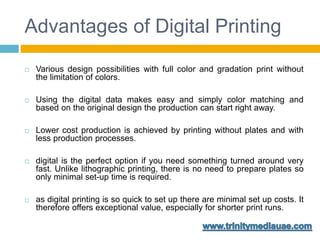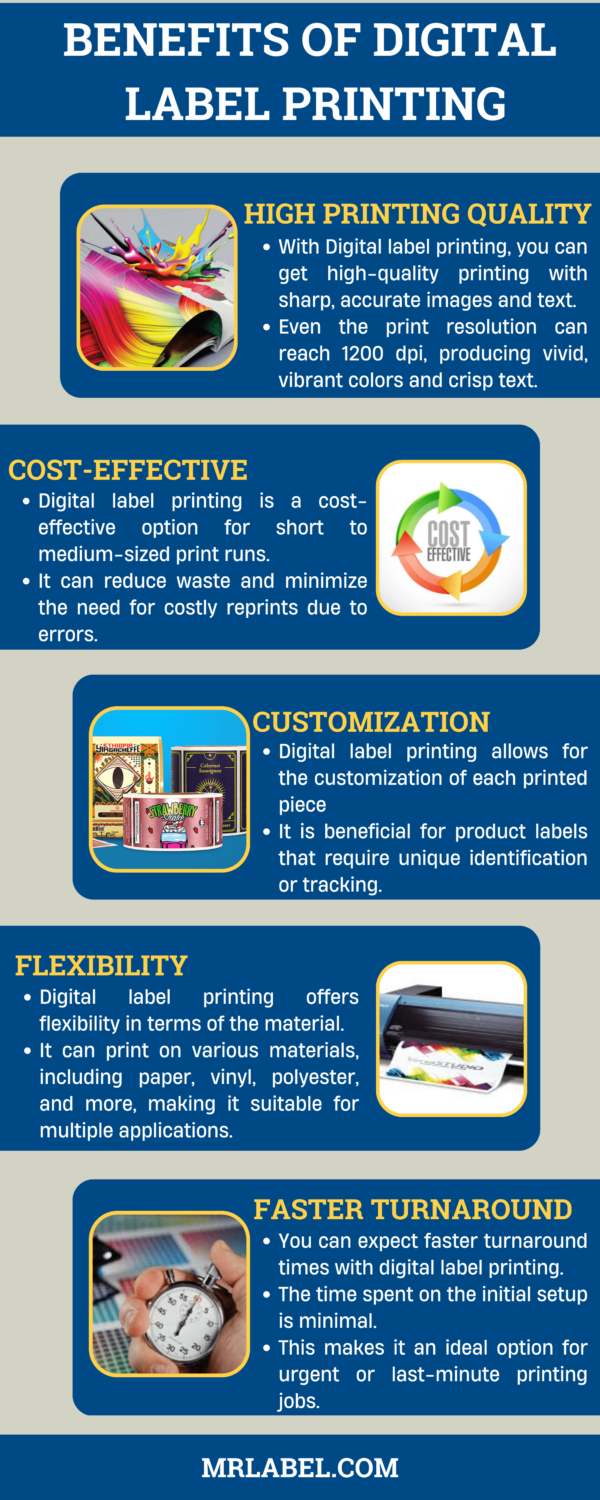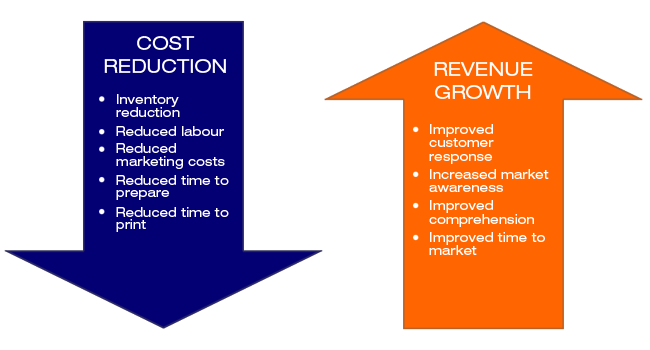Some Ideas on Digital Printing You Need To Know
Wiki Article
The Buzz on Digital Printing
Table of ContentsOur Digital Printing IdeasThe Facts About Digital Printing UncoveredThe Basic Principles Of Digital Printing Not known Details About Digital Printing Getting The Digital Printing To WorkDigital Printing Fundamentals Explained
Variable data printing, such as straight mail with customized codes and addresses, is ideally suited for digital printing. Digital fast printing only requires four steps of layout, testimonial, printing and binding to obtain everything done. Digital fast printing has an unrivaled advantage: print on demand.According to PMMI, electronic printing enables brands and manufacturers to respond rapidly to customer needs while enhancing the supply chain, minimizing warehousing expense and waste, and enjoying faster time to market. That all audios excellent, however how does this innovation do all that? The significant differentiator of these modern technologies is that there are no set-up charges and no plates with electronic printing.
Facts About Digital Printing Revealed
According to Wikipedia, the best distinction in between digital printing and typical techniques such as lithography, flexography, gravure, or letterpress - Digital Printing is that there is no demand to replace printing plates in digital printing, whereas in these analog printing approaches home plates are consistently replaced. This results in quicker turn-around time and decreases expense when making use of electronic printing.Digital printing is very versatile, so it's easy to make changes to the package style promptly. It all goes back to the plates.
More stock can mean more waste later on. With traditional printing methods, short-run printing is just not possible. Due to the fact that an excellent layout can make or damage your product, digital printing consistently creates premium, clear and colorful graphics each time. Digital printing on versatile pouches adds the brilliant, dynamic, and specific graphics that practically beckon customers to reach out and touch them.
Digital printing is the process of printing digital-based images straight onto a variety of media substratums. There is no need for a printing plate, unlike with countered printing. Digital files such as PDFs or desktop computer posting data can be sent directly to the electronic printing press to print on paper, image paper, canvas, material, synthetics, cardstock and other substrates.
Digital Printing Things To Know Before You Buy
According to PMMI, electronic printing enables brand names and suppliers to react promptly to customer demands while boosting the supply chain, minimizing warehousing expense and waste, and delighting in faster time to market. That all audios fantastic, however exactly how does this innovation do all that? The significant differentiator of these innovations is that there are no set up fees and no plates with digital printing.This results in quicker turn-around time and decreases price when utilizing electronic printing.

Everything about Digital Printing
With standard printing techniques, short-run printing is simply not feasible. Because a terrific layout can make or damage your product, digital printing regularly produces premium, clear and vivid graphics each time.
According to PMMI, electronic printing allows brand names and makers visit homepage to react swiftly to customer demands while improving the supply chain, decreasing warehousing expense and waste, and enjoying faster time to market. That all sounds fantastic, however how does this modern technology do all that? The significant differentiator of these modern technologies is that there are no set up costs and no plates with electronic printing.
Top Guidelines Of Digital Printing
According to Wikipedia, the best distinction between digital printing and typical methods such as lithography, flexography, gravure, or letterpress is that there is no need to replace printing plates in digital printing, whereas in these analog printing approaches home plates are consistently changed. This results in quicker turnaround time and decreases cost when making use of digital printing.Fast production suggests obtaining your item to market faster. It my blog likewise means it's much easier and faster to make adjustments in the future, when you transform a recipe, add a SKU, or produce seasonal product packaging. Digital printing is very adaptable, so it's easy to make modifications to the plan style quickly. It all goes back to the plates.

Digital Printing Things To Know Before You Get This
Digital printing is the procedure of printing digital-based photos directly onto a range of media substratums. There is no requirement for a printing plate, unlike with offset printing. Digital data such as PDFs or desktop publishing data can be sent out directly to the digital printing machine to print on paper, photo article paper, canvas, fabric, synthetics, cardstock and various other substrates.Report this wiki page